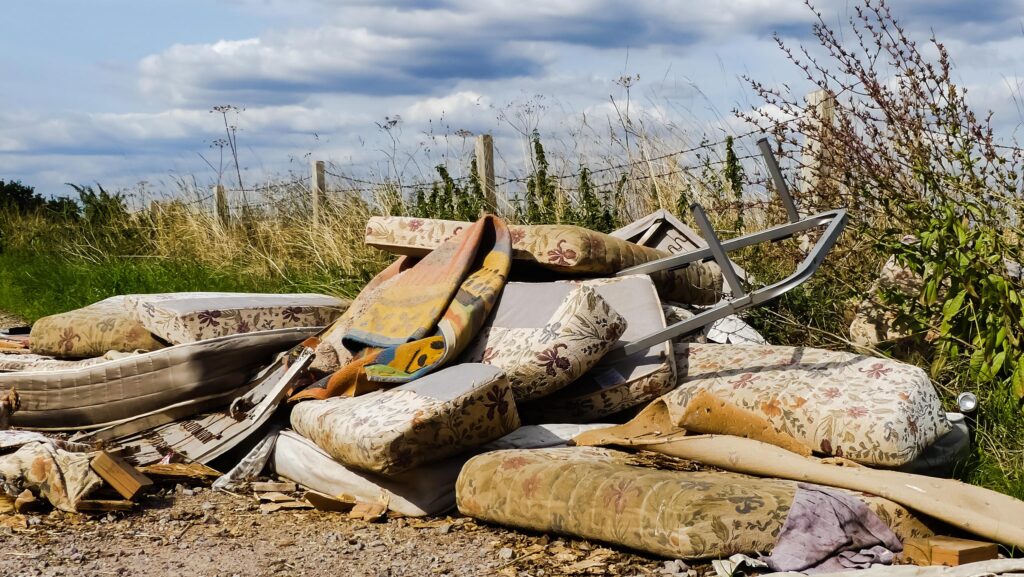CLA calls for fly-tipping fines to help clean up farmland
 © Adobe Stock
© Adobe Stock Money raised by imposing fines on fly-tippers should be used to help clear up waste dumped on farmland, not just public land, the Country Land and Business Association (CLA) is demanding.
The call follows the introduction of new rules in England on 1 April which ring-fence any funds collected from penalty charges to be re-invested by local authorities in clean-up and enforcement.
See also: Farmers paying cost of fly-tipping, as prosecution rates drop
Defra recycling minister Robbie Moore said these “inexcusable crimes” spoiled communities, created dangers for children and threatened wildlife.
“We’ve already increased the maximum fines for these damaging crimes and now money raised from bringing them to justice will ensure more enforcement and help to clear up their sickening mess,” he said.
But while CLA president Victoria Vyvyan said ring-fencing was a welcome move, she urged local authorities to use the revenue to help clear up waste dumped on private land as well as public land, and clamp down hard on offenders.
“Farmers are also victims of fly-tipping and have to pay to have dumped waste removed from their land, only adding to the injustice,” she said.
In 2022-23, councils dealt with just over a million fly-tipping incidents and issued 69,000 fixed penalty notices.
In July last year the upper limit of these on-the-spot fines was increased from £400 to £1,000.
On top of this, some 1,491 court fines were issued in 2022-23, according to Defra’s latest fly-tipping report, worth some £785,000.
Councils also now have powers to stop, search and seize vehicles suspected of being used for fly-tipping.
Funding of almost £1.2m has also been provided to help councils combat fly-tipping, such as by installing CCTV cameras.
